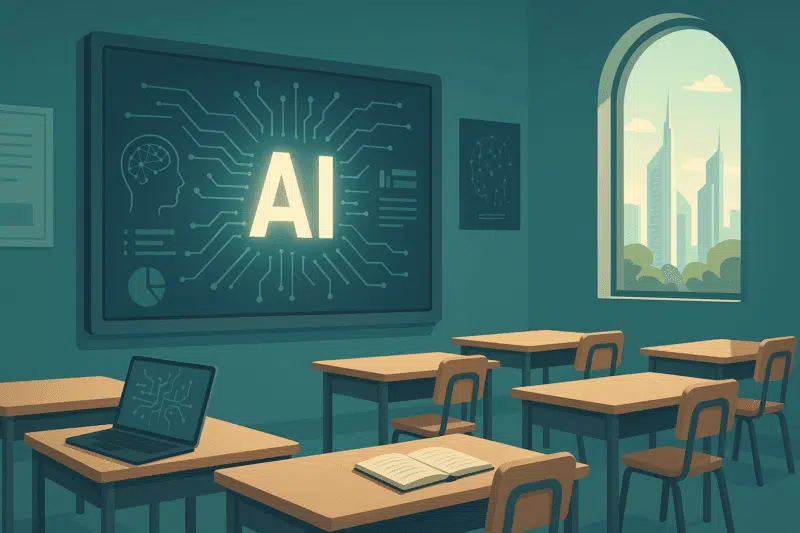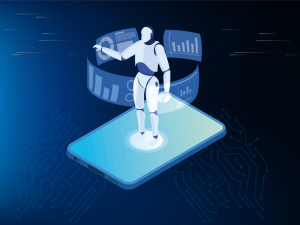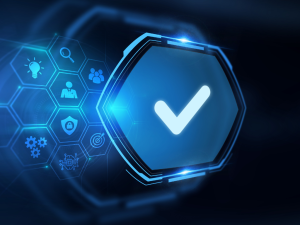In 2025, artificial intelligence (AI) is no longer a futuristic concept—it’s a present-day reality reshaping classrooms around the globe. From personalized learning experiences to administrative efficiency, AI is transforming the educational landscape, offering both opportunities and challenges for educators and students alike.
Personalized Learning at Scale
One of the most significant impacts of AI in education is the ability to provide personalized learning experiences. AI-powered platforms analyze student performance data to tailor educational content, ensuring that each learner receives instruction suited to their individual needs and pace. This approach has been shown to improve student engagement and academic outcomes.
Supporting Educators
AI is also proving to be a valuable tool for educators. By automating administrative tasks such as grading and attendance tracking, AI allows teachers to focus more on instruction and student interaction. Furthermore, AI-driven analytics can help identify students who may be struggling, enabling timely interventions and support.
Early Introduction to AI Concepts
Recognizing the importance of AI literacy, educational institutions are introducing AI concepts to students at an early age. For instance, the United Arab Emirates has launched an AI curriculum for children as young as four, aiming to prepare them for a future where AI plays a central role in various industries.
Addressing Equity and Inclusion
AI has the potential to bridge educational gaps, particularly in underserved communities. Initiatives like MindCraft in India are leveraging AI to provide personalized learning and mentorship to students in rural areas, aiming to overcome barriers related to geography and socioeconomic status.
Ethical Considerations and Challenges
While AI offers numerous benefits, it also raises ethical and privacy concerns. The use of AI in classrooms necessitates careful consideration of data security and the potential for algorithmic bias. Educators and policymakers must work together to establish guidelines that ensure the responsible and equitable use of AI in education.
The Road Ahead
As AI continues to evolve, its role in education is expected to expand further. Ongoing collaboration between educators, technologists, and policymakers will be essential to harness AI’s full potential while mitigating its risks. The goal is to create an educational environment where AI enhances learning outcomes and prepares students for a rapidly changing world.





